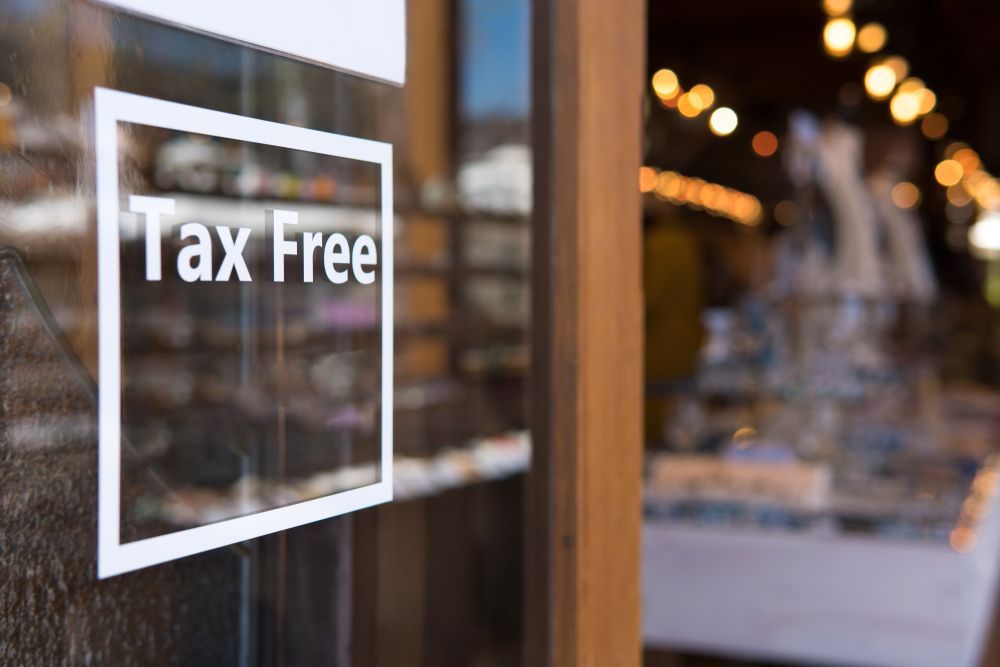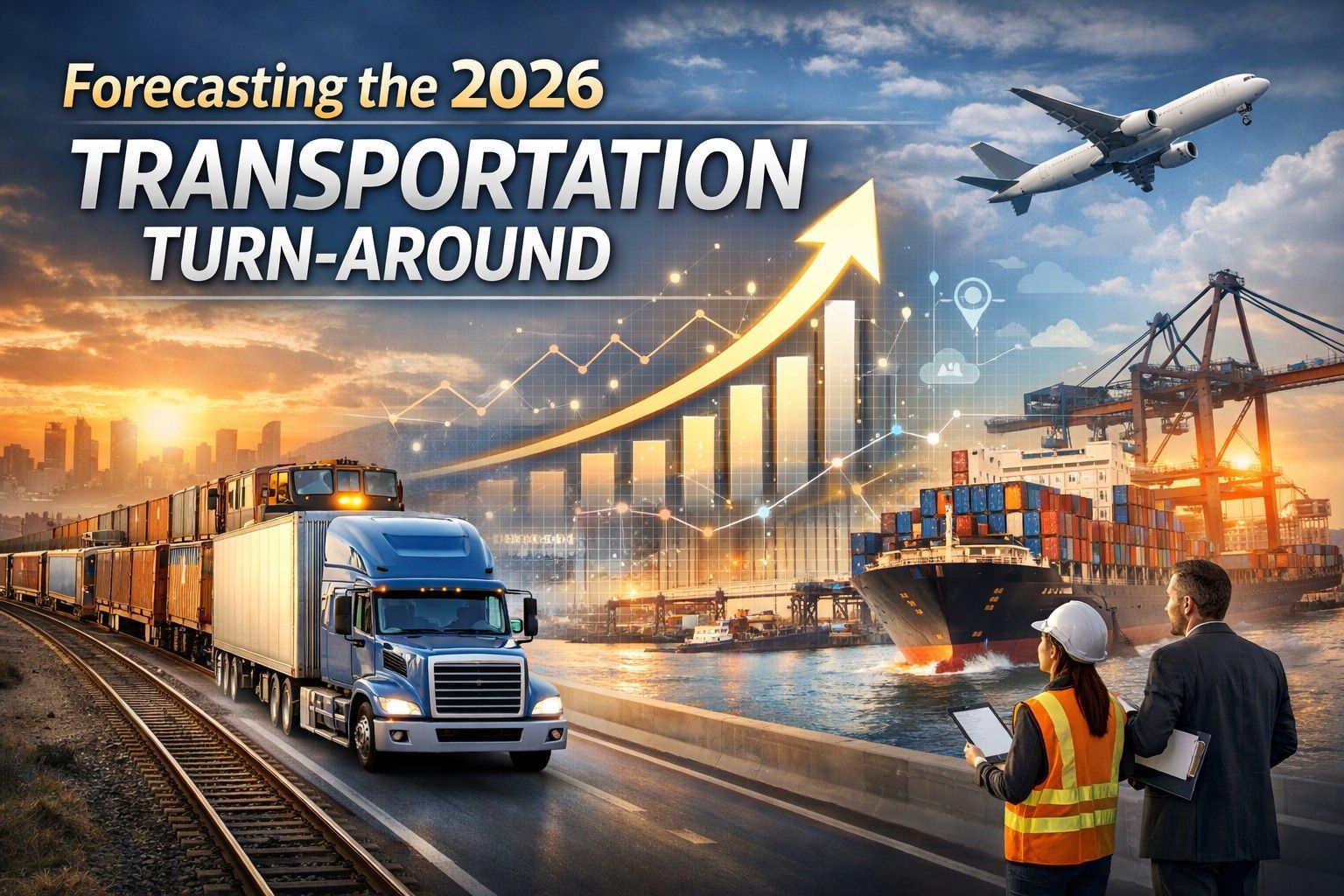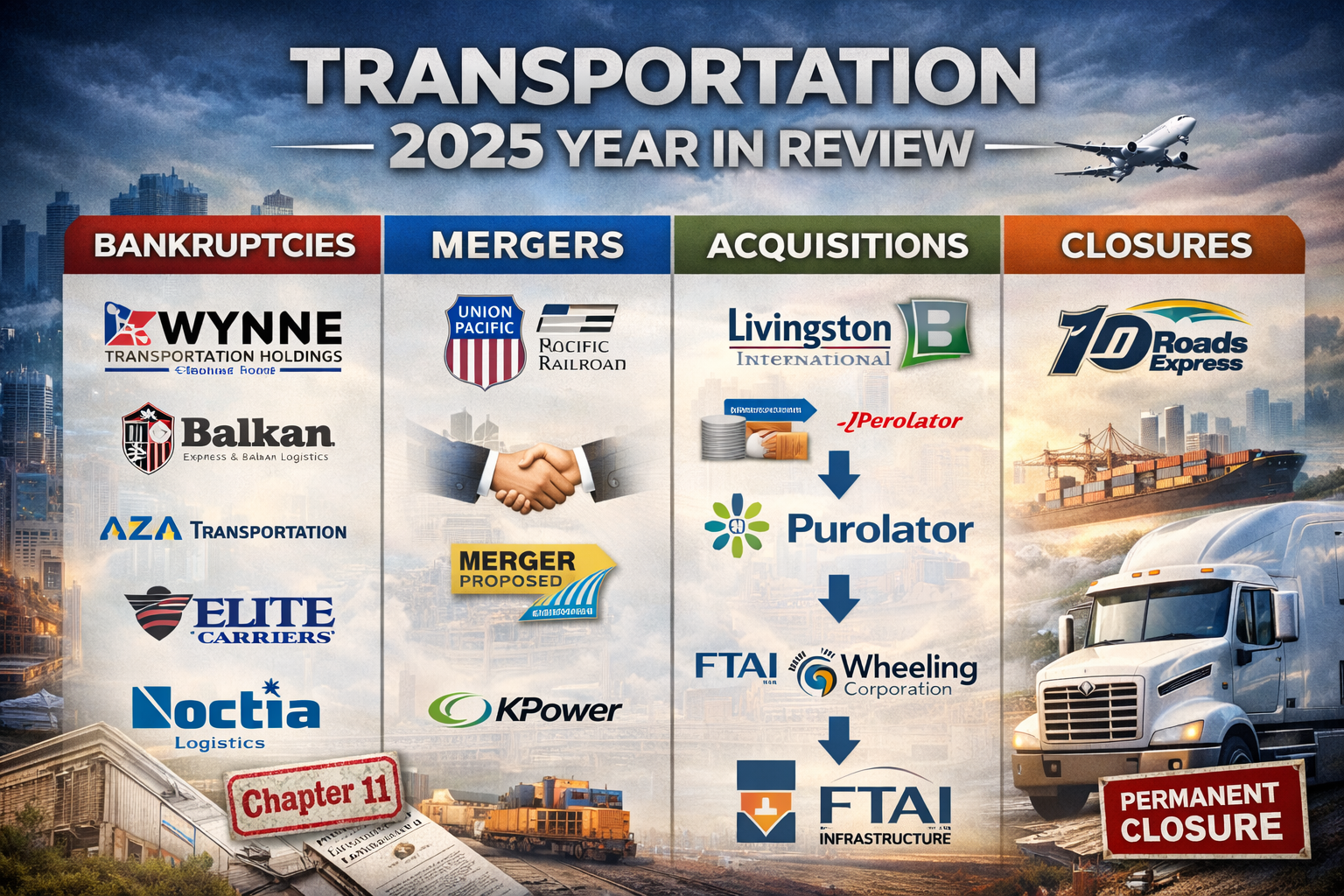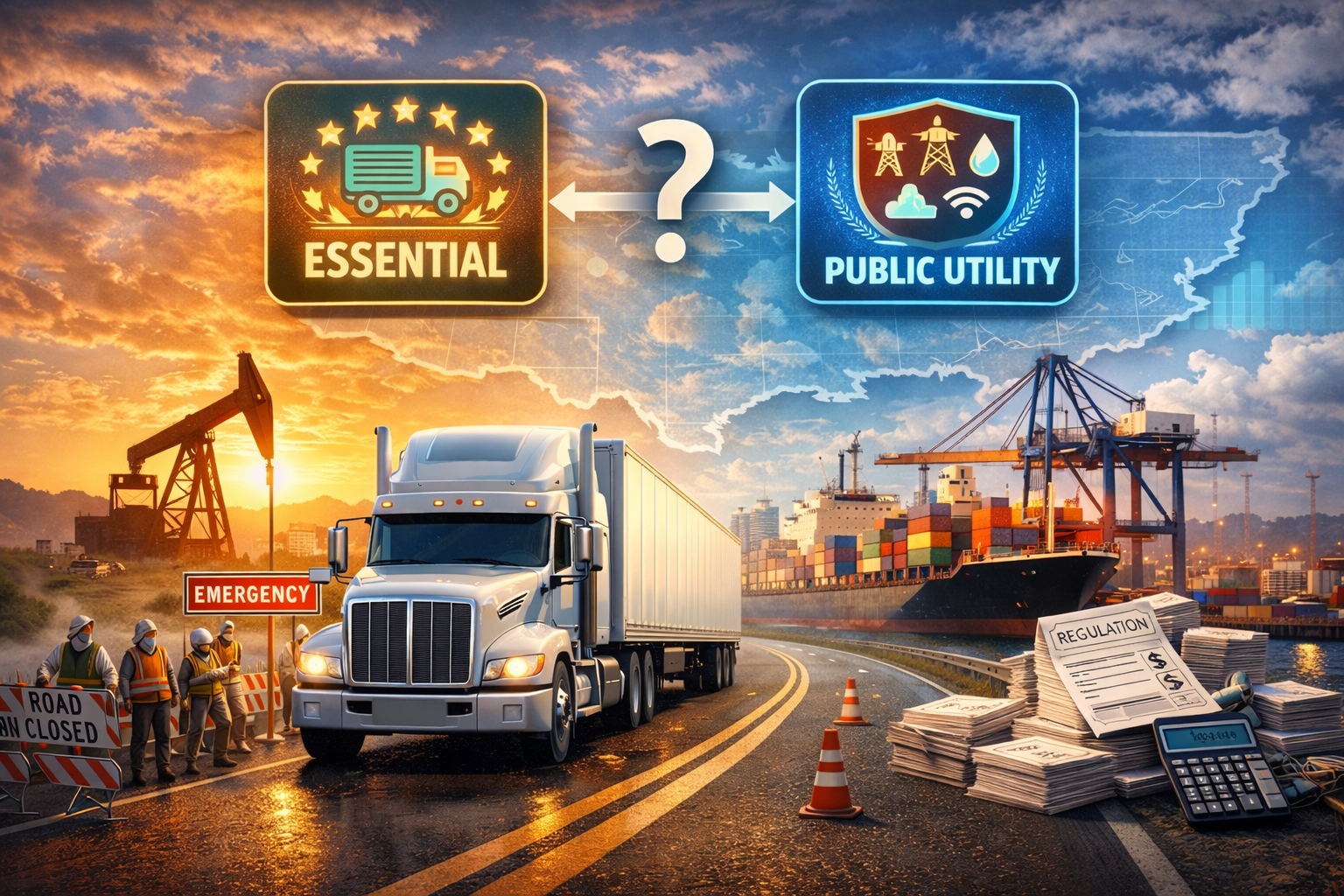States Without Sales Tax & How They Fund Their Government
Share this Article:
Most states lean heavily on sales tax to fund their government operations, but a select few take a different approach. These states have earned the nickname “NOMAD” because they do not collect state-level sales tax. Their tax models raise important considerations for transportation companies, especially those managing multistate operations.
Understanding how these states operate offers insight into alternative revenue strategies and may influence decisions about business location, compliance, and tax planning.

What Are NOMAD States?
NOMAD refers to five U.S. states that do not collect a state-level sales tax: New Hampshire, Oregon, Montana, Alaska, and Delaware. Each of these states has adopted a tax structure that avoids the standard model used in most of the country. While the majority of states heavily depend on sales tax to support their budgets, NOMAD states fund their governments through other sources.
For transportation companies, these states represent a different set of rules and potential advantages. Without a state-level sales tax in play, indirect costs on certain purchases may be lower. This can impact pricing, procurement strategies, and multistate compliance efforts.
It’s important to note that while these states do not collect state sales tax, some may still impose local taxes or targeted fees. Understanding how each state operates individually is necessary for companies evaluating expansion, acquisition, or logistics planning across state lines.
The Sales Tax Trade-Off: How NOMAD States Fund Their Governments
Each NOMAD state replaces traditional state-level sales tax with alternative sources. These include income taxes, business taxes, excise taxes, and fees tied to property or industry. Though the methods vary, each state supports its operations without relying on general retail sales.
New Hampshire
New Hampshire collects revenue through business profits taxes, interest and dividends taxes, and real estate transfer taxes. Local property taxes carry much of the weight, especially for funding schools and infrastructure.
Oregon
Oregon relies on personal income taxes and corporate excise taxes. It also applies fuel and tobacco taxes to support transportation and health programs. Higher income tax rates offset the lack of sales tax.
Montana
Montana uses individual and corporate income taxes, along with fuel and tobacco excise taxes. Local property taxes help fund education and local services. While there’s no state sales tax, some lodging and rental taxes apply.
Alaska
Alaska depends on oil and gas royalties, severance taxes, and investment earnings. There’s no state sales or income tax. Some municipalities charge sales tax, but rates and rules vary by location.
Delaware
Delaware raises revenue through corporate franchise taxes, gross receipts taxes, and business license fees. Its status as a preferred business registration state adds to its income, replacing the need for a general sales tax.
Implications for Transportation Companies
Transportation companies operating in NOMAD states may benefit from reduced indirect tax costs on purchases like fleet equipment, parts, and maintenance services. The lack of state-level sales tax can lower upfront expenses, depending on how transactions are structured and where they take place.
In Alaska, local jurisdictions have the authority to impose sales taxes. These rates and rules differ by location, so companies must track local requirements to avoid missteps. In Delaware, the absence of a retail sales tax is offset by a gross receipts tax that applies to many business activities, which can increase compliance needs.
Montana, Oregon, and New Hampshire do not impose state or local sales taxes, which can simplify purchasing decisions. For transportation companies that manage assets across multiple states, sourcing goods or services through these locations may lead to cost savings.
Still, the overall impact depends on the company's footprint, the nature of its transactions, and its existing compliance structure. A careful review of tax obligations in each state is key to identifying opportunities and avoiding overlooked liabilities.
Sales Tax Planning Beyond NOMAD States
While states with no sales tax may seem appealing, most transportation companies still operate across multiple jurisdictions that do collect it. Managing sales tax exposure in these states requires careful planning, especially when dealing with parts, equipment, and interstate services. Purchases made outside of NOMAD states may trigger use tax liabilities, depending on where the item is stored or used.

Nexus rules can also create tax obligations in unexpected places. Even if a company is based in a NOMAD state, having drivers, terminals, or inventory in other states may require sales tax compliance elsewhere. Each state's thresholds and enforcement practices differ, adding complexity to routine business operations.
Sales tax planning involves more than checking tax rates. It includes reviewing exemption certificates, understanding sourcing rules, and confirming how specific items are taxed across jurisdictions. For companies without in-house tax departments, this can quickly become difficult to manage.
Staying ahead of these rules helps avoid penalties, protect margins, and streamline multistate operations. Strong sales tax consulting support can give companies a clearer picture and a more effective strategy.
How Transportation Tax Consulting Supports You
Transportation Tax Consulting helps companies navigate the complexity of multistate sales tax regulations. For those operating in or around NOMAD states, we evaluate purchasing strategies, tax exposure, and local regulations to identify cost-saving opportunities and reduce risk. Our experience across trucking, rail, aviation, and maritime sectors allows us to provide insights tailored to your business model and operational footprint.
We assist in determining where obligations exist, which exemptions apply, and how to document transactions properly. For companies expanding into new states or restructuring operations, we offer planning strategies that align tax compliance with long-term goals. This includes helping clients understand local sales tax ordinances in places like Alaska and gross receipts taxes in Delaware.
Many
transportation companies do not have a dedicated tax department. Our role is to fill that gap by offering specialized expertise and practical solutions. Through detailed analysis and industry-specific knowledge, we help reduce indirect tax costs, support compliance, and recover missed
sales tax refunds when applicable.
Key Takeaways
NOMAD states include New Hampshire, Oregon, Montana, Alaska, and Delaware. These states do not collect state-level sales tax and instead raise revenue through income taxes, business fees, or resource-based income. For transportation companies, this can lower indirect tax costs on certain purchases.
Some local taxes and other obligations still apply. Alaska allows municipalities to charge sales tax, and Delaware imposes a gross receipts tax that applies to many business activities. These rules can affect pricing, margins, and compliance requirements.
Transportation Tax Consulting helps your business navigate these complexities with precision and industry-specific insight.
Contact us today to schedule a consultation and take the next step toward reducing your sales tax burden.
Share with Us:




